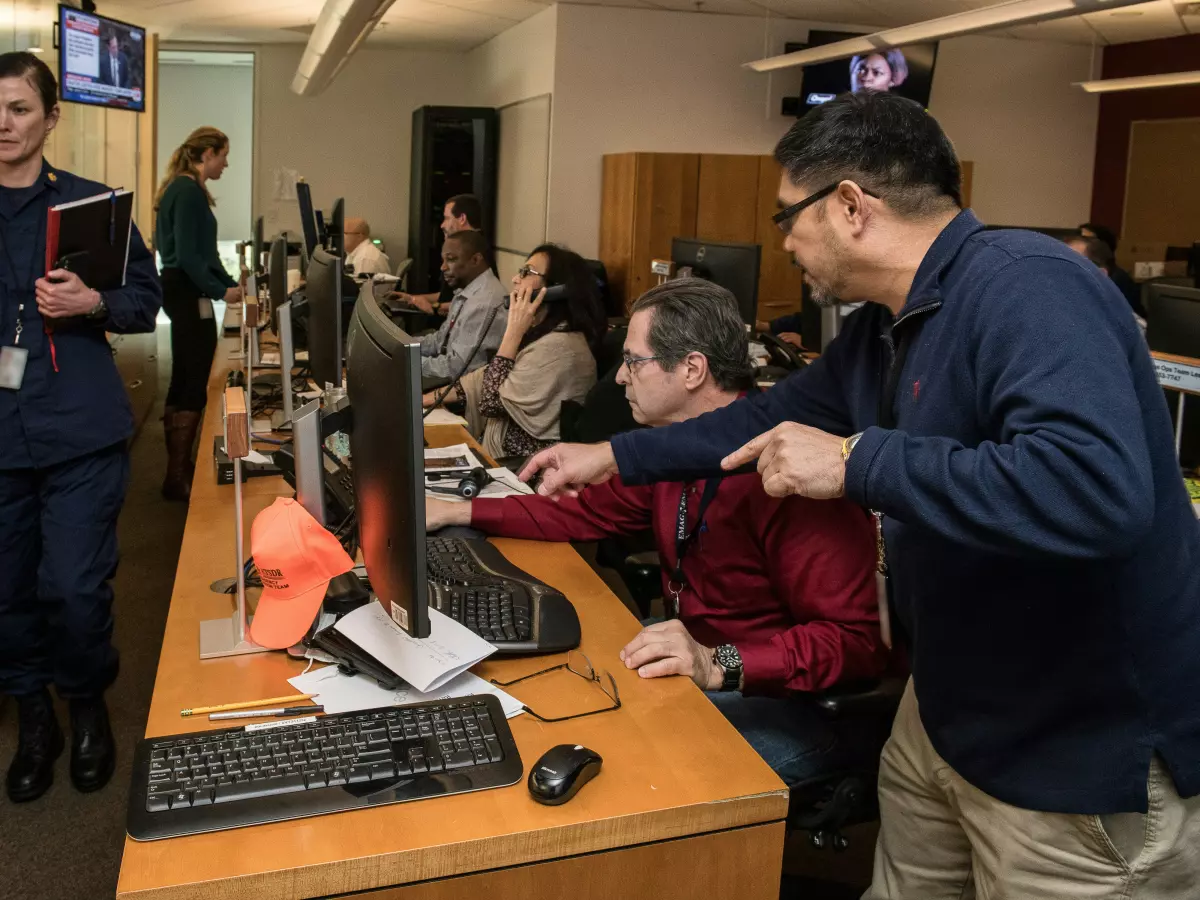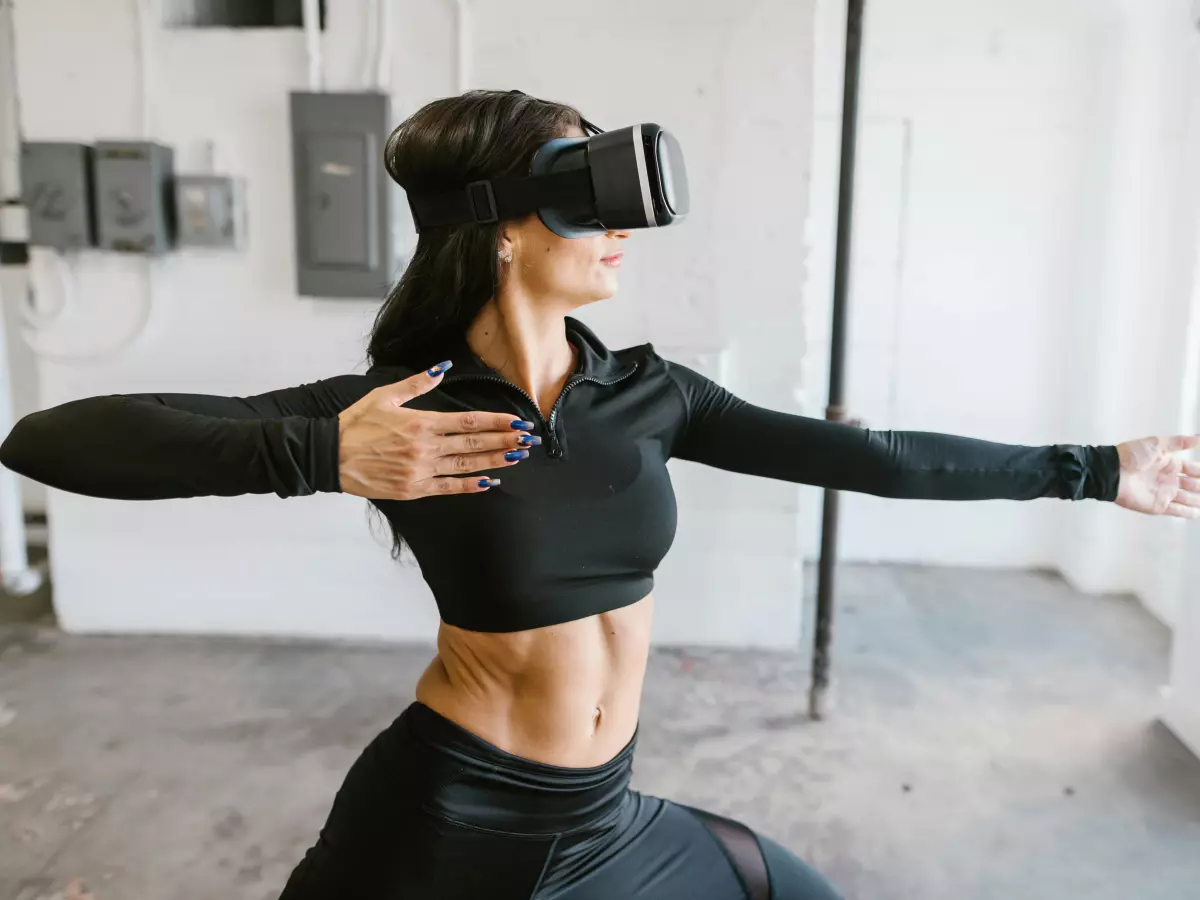AI in Sports
You're watching your favorite team play, and the game is intense. Every pass, every shot, every move is being analyzed—not just by the commentators, but by something far more powerful: Artificial Intelligence. Yep, AI is now the secret weapon in sports analytics, and it's changing the game in ways you probably never imagined.

By Isabella Ferraro
Sports have always been about numbers. From batting averages to shooting percentages, stats have been a part of the game for as long as we can remember. But now, AI is taking those numbers and turning them into something far more complex and insightful. Gone are the days when coaches relied solely on gut feelings or basic stats to make decisions. Today, AI algorithms are crunching data in real-time, giving teams an edge that could mean the difference between winning and losing.
So, what's the problem here? Well, traditional methods of sports analysis are limited. They rely on human observation and basic statistical models, which, while useful, can only go so far. Coaches and analysts can only process so much information at once. Enter AI, which can analyze massive amounts of data at lightning speed, providing insights that were previously unimaginable.
AI is being used in sports analytics in a variety of ways, from predicting player performance to optimizing team strategies. One of the most exciting applications is in injury prevention. By analyzing player movements, AI can detect patterns that may indicate a higher risk of injury. This allows teams to intervene before a player gets hurt, potentially saving careers and millions of dollars in the process.
Another area where AI is making waves is in player recruitment. In the past, scouts would travel the world to watch players in person, relying on their instincts and experience to make decisions. Now, AI algorithms can analyze video footage and player stats from across the globe, identifying talent that might have otherwise gone unnoticed. This is especially useful in sports like soccer, where there are thousands of players to evaluate.
But it doesn't stop there. AI is also being used to optimize in-game strategies. By analyzing data from previous games, AI can predict how an opponent is likely to play and suggest strategies to counter their moves. This gives teams a huge advantage, allowing them to make smarter decisions on the fly.
And let's not forget about the fans. AI is enhancing the fan experience by providing real-time stats and insights during games. Whether you're watching from home or in the stadium, AI-powered apps can give you a deeper understanding of what's happening on the field. Want to know the probability of your team scoring in the next five minutes? There's an app for that.
AI and Player Performance
One of the most fascinating aspects of AI in sports analytics is its ability to predict player performance. By analyzing data from previous games, AI can identify patterns that indicate how a player is likely to perform in future matches. This can be incredibly useful for coaches when deciding who to start in a game or how to structure their lineup.
For example, AI can analyze a basketball player's shooting form and determine whether they're more likely to make a shot from certain areas of the court. It can also look at factors like fatigue and injury history to predict how well a player will perform over the course of a season. This allows coaches to make more informed decisions about how to manage their players' minutes and avoid overworking them.
In some cases, AI can even suggest ways for players to improve their performance. By analyzing video footage of a player's movements, AI can identify areas where they can make small adjustments to improve their technique. This kind of personalized feedback is invaluable for athletes looking to take their game to the next level.
Injury Prevention: A Game Changer
Injuries are a part of sports, but AI is helping to reduce their frequency and severity. By analyzing data on player movements, AI can detect patterns that may indicate a higher risk of injury. For example, if a soccer player is consistently landing awkwardly after jumping, AI can flag this as a potential issue and suggest corrective measures.
This kind of analysis is especially useful in sports like football and basketball, where injuries can have a huge impact on a team's success. By catching potential issues early, teams can intervene before a player gets seriously hurt, potentially saving their season.
AI is also being used to monitor player fatigue. By analyzing data on a player's workload, AI can determine when they're at risk of overexertion and suggest rest periods. This helps teams manage their players' health more effectively and avoid burnout over the course of a long season.
The Future of AI in Sports
So, what's next for AI in sports analytics? The possibilities are endless. As AI technology continues to improve, we can expect even more advanced applications in areas like player development, game strategy, and fan engagement.
One area that holds a lot of promise is the use of AI in virtual reality (VR) training. By combining AI with VR, athletes can practice in simulated game environments that mimic real-life conditions. This allows them to hone their skills in a controlled setting, without the risk of injury.
Another exciting development is the use of AI in sports broadcasting. AI-powered cameras can automatically track the action on the field, providing more dynamic and immersive viewing experiences for fans. This could revolutionize the way we watch sports, making it more interactive and engaging than ever before.
In conclusion, AI is revolutionizing sports analytics in ways that were once unimaginable. From injury prevention to player performance, AI is giving teams a competitive edge that could change the future of sports. So next time you're watching a game, just remember: there's a good chance AI is working behind the scenes, helping your team win.





